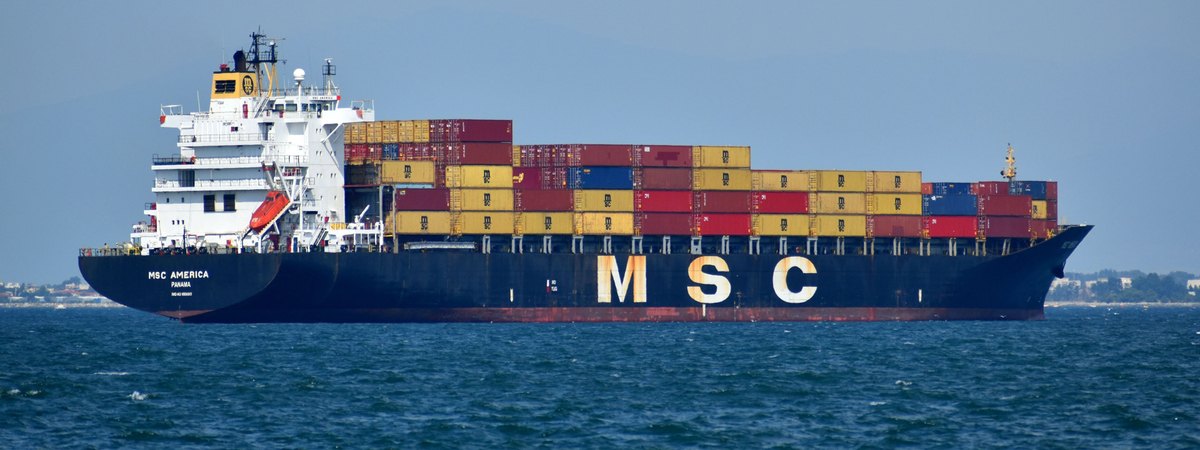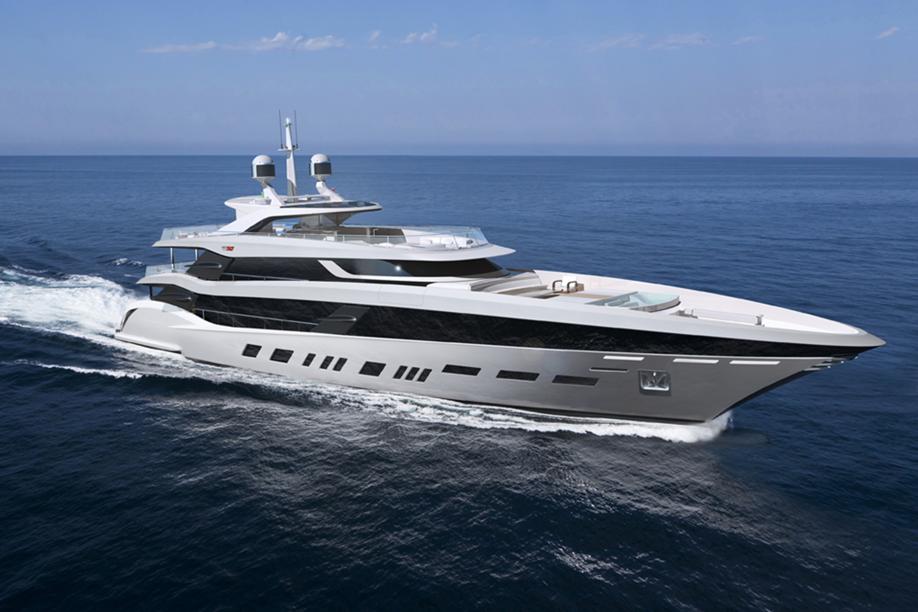They are often called “the trip of a lifetime,” and it is not difficult to understand why.
Cruise vacations promise fun, togetherness, excitement, relaxation, and adventure, all rolled into one. Millions of people board cruise ships each year, expecting the best, and usually getting it, returning home with happy memories, maybe a few mediocre gifts, and some bad sunburns. But other than that, for the most part, cruise ship accidents are rare.
But, and this is the important part, when cruise ship accidents do happen, they can be devastating.
According to industry reports and cruise safety statistics, incidents at sea are uncommon compared to other forms of travel. Still, a slip on a wet deck, a fall down a staircase, or a major mechanical failure can all lead to serious injuries. And unlike an accident on land, you cannot just call 911 and expect an ambulance to arrive in minutes. Out at sea, everything is more complicated.
If you or a loved one has been injured in a cruise ship accident, knowing how often these incidents occur, what causes them, and what your legal rights are is critical.
A maritime lawyer with Armstrong Lee & Baker LLP is ready to help if you’ve suffered an injury while on a cruise ship due to an accident that wasn’t your fault.
We’ll fight for the compensation you deserve.Looking for a personal injury lawyer near you in Houston, TX?

Cruises, as you know, combine the features of hotels, restaurants, shopping malls, and amusement parks, all while voyaging in international waters. Most people assume cruises are safe because they are so popular, and for the most part, they are. Yet even with the best safety practices in place, cruise ship accidents can still happen. Knowing how to react in an emergency, whether it’s a fire, a sudden medical crisis, or a serious fall can make all the difference.
Moreover, cruise accidents can become more serious, and can escalate more quickly, for several reasons:
The point here is not to scare you away from cruising, but to highlight that safety is never guaranteed. When things go wrong at sea, the stakes are simply higher. And that is why, when an accident does occur, it is important to understand your rights and know where to turn for guidance.
While not every accident at sea can be avoided, many can. A few simple precautions, taken by both passengers and crew, can make a major difference.
When it comes to staying safe on the open sea, a little awareness goes a long way.
According to the Cruise Lines International Association (CLIA), cruising remains one of the safest forms of leisure travel. Over the period 2009 – 2019, the industry averaged just 17.7 significant operational incidents per year, even as fleet capacity increased by more than 68%.
In terms of cruise safety statistics, that low incident rate is important, especially when compared to other types of travel risks. For example, the National Highway Traffic Safety Administration (NHTSA) reports that nearly 41,000 people died in motor vehicle crashes in the U.S. in2023, making serious cruise ship accidents statistically far less common.
In fact, the trend over the past decade shows that even as cruising has become more popular, the number of serious incidents keeps declining. While yes, sure, minor onboard injuries and illnesses still occur, large-scale accidents remain uncommon. The data supports the view that for most passengers, cruises are safe.
Cruise accidents do not just happen, they are often the result of multiple small factors building up over time. On a cruise ship, as offshore, it is rarely one mistake that causes an injury but rather a chain of oversights that leads to harm.
Some of the most frequent incidents include:
Clutter, loose tools, and spills can become major hazards. Keeping your area clean and organized reduces the risk of slips, trips, and falls. The same applies to passenger spaces: Wet tiles near a pool, luggage in a hallway, or food spilled in a dining area can create the conditions for serious injury.
Get a Free Case Evaluation
So what leads to these accidents? The causes are familiar: Whether it is due to poor communication or improper maintenance, mistakes can add up to a cruise ship accident. By focusing on proactive measures and safe practices, you can reduce exposure to hazardous situations.
On a cruise ship, small mistakes that can “add up” might look like:
All machinery must be inspected and serviced regularly, following the manufacturer’s guidelines for maintenance schedules. Pay attention to warning signs like unusual sounds, overheating, or leaks. Address any issues immediately; do not wait for them to become bigger problems. While passengers do not maintain the ship themselves, they rely on cruise operators to enforce those same principles. When they do not, accidents follow.
Even when everyone means well, mistakes still happen, and on a cruise ship, those mistakes can have serious consequences. If you were injured because of a crew member’s error, poor maintenance, or preventable hazards, you deserve answers . . . and you may be entitled to compensation.
A skilled maritime injury lawyer can help you understand your rights and take the right next step. That’s where Armstong Lee and Baker LLP comes in. If you have been injured by a cruise ship accident, we are here to help.
Understanding your legal rights after a cruise ship accident is not always easy, especially with all the legal gray areas involved. A tangle of potential causes, overlapping jurisdictions, differing legal standards, and strict filing deadlines can quickly muddy the waters.
For starters, cruise lines owe passengers a “duty of care.” That means they are legally required to act reasonably and responsibly. If a cruise operator fails to maintain safe premises for example, or provide appropriate medical treatment, or follow proper safety procedures, they may be held liable for any resulting injuries.
Jurisdiction in cruise ship accident cases is another complex area. It can depend on where the ship is registered, where the incident occurred, or even where the passenger bought their ticket. In many cases, injured passengers, and their lawyers, must navigate a mix of state law, federal law, international maritime law, and sometimes even something known as the Jones Act.
A final major issue is the statute of limitations. While maritime law typically allows three years to file a claim, many cruise contracts shorten that window to just one year. If you wait too long, you may lose your right to sue altogether.
See how complicated this can get? That’s why it is essential to speak with a skilled maritime injury lawyer as soon as possible.it is essential to speak with a skilled maritime injury lawyer as soon as possible after an injury.
The steps you take after an injury can make or break your case. Here is what to do:
A lawyer does more than file paperwork. Your attorney will: Investigate the accident and gather evidence, work with medical experts to prove the extent of your injuries, negotiate with insurance companies for a full and fair settlement, and take your case to trial if needed.
That is what levels the playing field against massive cruise lines with their own powerful legal teams. At Armstrong Lee & Baker LLP, we handle complex maritime injury cases and fight for compensation that covers medical bills, lost income, pain and suffering, and more.
While cruise ship accidents are not highly common, their impact on victims can be profound. An experienced maritime injury lawyer with Armstrong Lee & Baker LLP will do everything possible to help you achieve justice. Please contact us online or call 832-402-6637 for a free case review.
C.J. Baker represents victims with serious injuries and he won’t let any corporation or insurance company stop his clients from getting complete justice. He has won millions of dollars for victims of 18-wheeler crashes, oilfield equipment failures, offshore platform explosions, and defective medical devices. Our lawyers have 25+ years of combined experience.

No. They are rare compared to other forms of travel, but when they happen, they can be severe.
Slips and falls are among the most frequent injuries reported onboard.
Yes, if the cruise line failed to meet its “duty of care” and that negligence caused your injury.
Maritime law generally allows three years, but many cruise ticket contracts shorten that window to as little as one year.
A maritime injury lawyer with experience in cruise ship accident cases.

This page has been written, edited, and reviewed by a team of lawyers following our comprehensive editorial guidelines. Our lawyers have more than 20 years of legal experience as personal injury attorneys.

Maritime law, often called admiralty law, is a specialized legal system that regulates activities within navigable waters. It touches on several important areas: ...
Posted by Scott Armstrong

If you’re a seaman who has experienced an offshore injury due to employer negligence, you may be entitled to compensation. While offshore workers don’t typically...
Posted by Scott Armstrong

All vessel owners or operators have a duty imposed by law to provide a safe and seaworthy vessel to any party involved with their boat. The owner or operator of a ship ...
Posted by Scott Armstrong
Trusted Personal Injury Attorneys in Houston
Schedule your free consultation with a top-rated Houston personal injury lawyer today